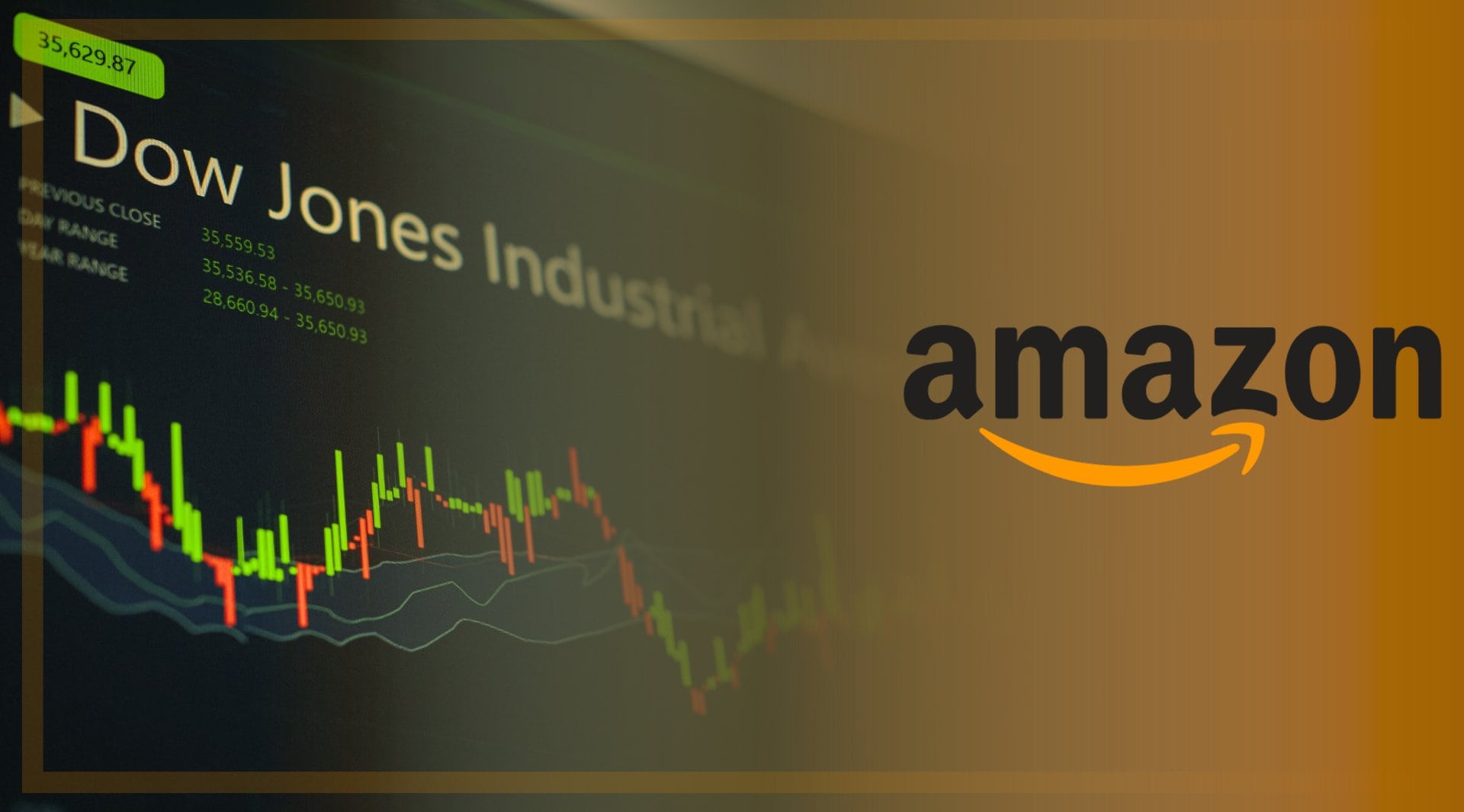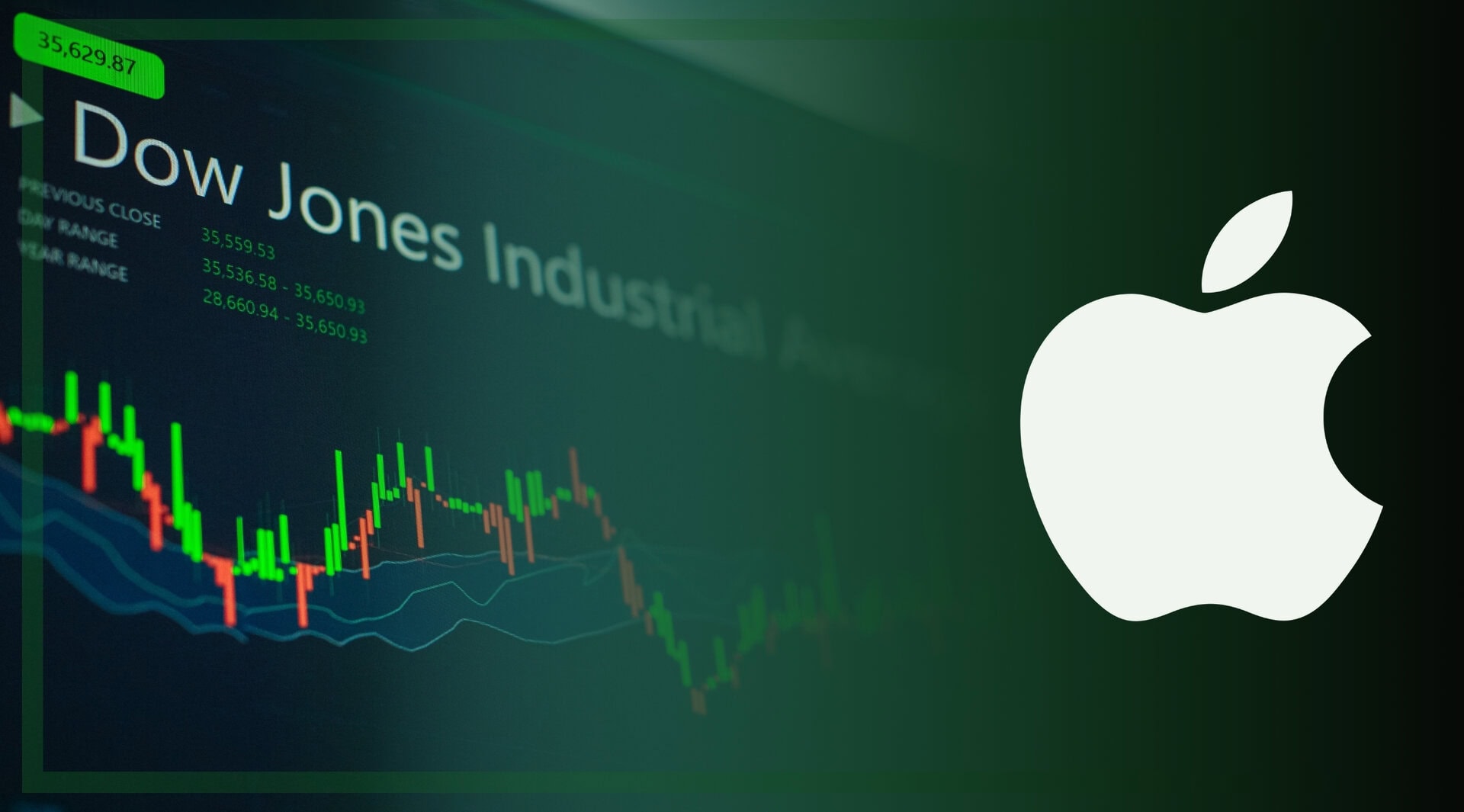With Joe Biden having taken office as president in January and Democrats having gained a slight majority in the Senate, in addition to their majority in the House of Representatives, Democrats face little obstacles to develop their agenda in the coming years. In fact, Biden has already taken the first steps by selecting the ‘regulators’ of his new administration:
What does a Biden Presidency mean for Capital Markets? Who are the new Regulators that will be watching Wall Street? With Trump about to depart the White House in a few minutes, #DisruptionBanking answers the toughest questions: https://t.co/Ic6zZkp7LL
— #DisruptionBanking (@DisruptionBank) January 20, 2021
Although many may have claimed he was the ‘safe choice’ candidate, Joe Biden, proved to be the right pick to take on Trump. Massachusetts Senator Elizabeth Warren’s run in the primaries perhaps foreshadowed that she would be a key figure in the new administration. Her recent clash with Robinhood and Citadel Securities, only a few weeks after Biden’s inauguration, clearly indicates that she will be a determining person in regulating how finance will evolve in the U.S. in the foreseeable future.
Have the stars aligned for Elizabeth Warren?
Although Elizabeth Warren was not appointed as a member of the cabinet, she is expected to be a prominent figure in the Biden era. Biden claims that he has “a very ambitious, very progressive agenda, and it’s going to take really strong leaders in the House and Senate to get it done,” which only confirms the assumptions of many.
Despite their earlier disagreement on certain issues, Biden signalled that he is willing to cooperate with the more ‘radical’ branch of Democrats by endorsing Warren’s bankruptcy plan during the primaries. What this means for Warren is a chance to strengthen her persona as one of the main progressive figures of the party, not just the candidate of the ‘wealthy and well-educated’ as Sanders claimed.
The teacher-turned-senator has long been a harsh critique of Wall Street and fought for more transparency in the financial sector. Her most notable achievement is the proposal and establishment of the Consumer Protection Financial Bureau (CPFB), which was implemented as part of the Dodd-Frank Wall Street Reform and Consumer Protection Act of 2010.
Warren first ran for a seat in the Senate in 2012, raising $39 million for her campaign, more than any other candidate that year. The New York Times reported her win, claiming “it was possible to run against the big banks without Wall Street money and still win”.
The Trump administration was characterized by the loosening of rules on financial markets and by the revoking of elements of the Dodd-Frank Act, such as the relaxation of the Volcker rule. At the time, Warren heavily criticized the approach of Washington:
Her quarrels with former high-ranking Wells Fargo officials following the bank’s fake accounts scandal were also notable. They led to the resignation of John Stumpf, who agreed to a lifetime ban from banking along with a $17.5 million fine. Once Stumpf was out of the way, she turned her attentions to the next CEO, Tim Sloan, who also stepped down in 2019. Not many politicians have managed to disrupt the board of a Bank as much as Warren has.
About damn time. Tim Sloan should have been fired a long time ago. He enabled Wells Fargo's massive fake accounts scam, got rich off it, & then helped cover it up. Now—let's make sure all the people hurt by Wells Fargo's scams get the relief they're owed. https://t.co/l7dYmBWRBo
— Elizabeth Warren (@ewarren) March 28, 2019
Although Senator Warren has already played a crucial role in shaping the rules of the financial world after the Economic Crash of 2008, it is expected that she will be an even more important figure in the Biden administration.
Similarly to the post-financial crisis years of the Obama administration, the current economic difficulties caused by the coronavirus pandemic provide Warren with a strong platform to advocate her anti-big-bank pro-working-class agenda.
More recently, Robinhood became Warren’s latest target. She harshly criticized the app’s restriction on the trading of certain stocks. She criticized its relationship with Citadel Securities, and the forced arbitration clauses in its consumer agreement.
But before we get to that, let’s just recap on how Robinhood turned from the small investors’ favourite to the media’s punching bag.
Democratizing finance or selling out consumers?
The ‘commission-free’ trading app, Robinhood, makes it crystal clear that their mission is to ‘democratize finance for all.’ Whether it is the About Us section of their website or their Twitter homepage, this statement appears everywhere.
“We dreamed of making investing more accessible, especially for people without a lot of money,” says Robinhood CEO Vladimir Tenev. “We created Robinhood to economically empower all Americans by opening financial markets to them.”
As the mantra goes, Robinhood was created after the financial crisis to provide a platform where even small investors can trade without having to pay commission fees to brokerages. But if Robinhood is a ‘commission-free’ platform, where does its revenue come from?
Bloomberg first reported that there was a ‘cozy relationship’ between Robinhood and Citadel Securities in 2018 in an article shedding light on the practice of payment for order flow. The story described the activity as follows: “Retail brokers like Robinhood focus on recruiting customers and building the trading interface but don’t actually execute their clients’ orders. They outsource that to firms—including Citadel, Two Sigma and Wolverine Securities—that pay for the right to handle those trades.”
According to Bloomberg, the high-frequency trading firm, also known as a market maker, Citadel Securities bought the right to execute the trading at less than $0.0024 per share. This seemingly marginal number creates huge revenue for Robinhood, given that its users executed more than $150 billion in transactions by the time the report was written.
And ‘what’s the problem with that?’ I hear you ask, and rightly so.
The problem arises from the fact that Citadel, which handled “more than a quarter of all U.S. equity volume” in the first half of 2020, might not execute the trades at the best price for Robinhood’s customers. “The practice led to client trades being executed at inferior prices compared with those provided by competing brokers,” the SEC concluded.
Robinhood failed to clarify its exact relationship with Citadel Securities and was fined $65 million at the end of 2020 for hiding the information about outsourcing to high-frequency traders from its users.
The ‘meme stock’ fiasco
The shady relationship of the two firms left some wondering whether Citadel was in fact behind Robinhood’s decision to restrict the trading of GameStop, AMC, and other stocks this January. Following the vast increase in the value of certain stocks caused by #wallstreetbets traders, Robinhood published the following announcement:
In light of current market volatility, we are restricting transactions for certain securities to position closing only, including $AMC and $GME. Read more here.https://t.co/CdJMjGAeFH
— Robinhood (@RobinhoodApp) January 28, 2021
Senator Warren was quick to weigh in on the ‘meme stock’ frenzy. She wrote a letter to Tenev, in which she expressed her concerns over Robinhood’s restrictions on GameStop stock trading, its inadequate cash-on-hand, and its unclarified relationship with Citadel Securities.
“In addition to putting customers’ finances at risk, Robinhood’s actions revealed a new set of questions about its relationship with large hedge funds and other financial institutions, and follows past criticisms of Robinhood’s insufficient investor protections,” writes Warren.
I’m also concerned that @RobinhoodApp's cozy relationship with @Citadel – the financial giant Robinhood uses to execute trades like Gamestop – is riddled with conflicts of interest that tilt the playing field in their favor. I want answers from Citadel. https://t.co/m9P98pVvko
— Elizabeth Warren (@SenWarren) February 18, 2021
“Robinhood promised to democratize trading, but hid information about its prerogative to change the rules by cutting off trades without notice — and about customers’ inability to access the courts if they believe they’ve been cheated — behind dozens of pages of legalese,” Senator Warren said. “I’m going to keep pushing regulators to use the full range of their regulatory tools to ensure the fair operation of our markets, particularly for small investors.”
Tenev denied any wrongdoing, and released the following comments on the issue. “Robinhood Securities put the restrictions in place in an effort to meet increased regulatory deposit requirements, not to help hedge funds. We don’t answer to hedge funds. We serve the millions of small investors who use our platform every day to invest.”
To be clear, this decision was not made on the direction of any market maker we route to or other market participants.
— VLAD (@vladtenev) January 28, 2021
Citadel Securities CEO Kenneth Griffin similarly denied the allegations about his involvement in Robinhood’s decision to restrict the trading stocks. “I want to be perfectly clear: We had no role in Robinhood’s decision to limit trading in GameStop or any other of the ‘meme’ stocks,” Griffin said.
However, Griffin avoided giving a clear answer during the Congress hearing when Rep. Brad Sherman asked him whether Citadel gives inferior deals to those brokerages to which it pays for the execution of the deals.
Griffin can now look back at his campaign donation to Trump’s cause last year with a little regret. He correctly predicted, that the “blue tidal wave” represents a problem, at least for him and his team at Citadel.
Warren’s critique of Robinhood and Citadel Securities is not a unique issue, but is a forebearer of things to come during the pro-regulation Biden administration. The latest tassle with Robinhood and Citadel may not have been as severe as, for instance, the case of Wells Fargo. Nonetheless, it remains certain that progressive figures like Warren will not waste the opportunity of having a Democratic President and Congress majority on their side.
With Joe Biden claiming to serve a single term as a ‘transitional candidate’ and Bernie Sanders renouncing the possibility of running for president again, Warren may be keeping an eye on the 2024 elections. The following years will give her ample opportunities to add accomplishments to her resume, making her a crucial figure in the world of finance in the next few years of pro-regulation governance in the U.S.
#Citadel #Robinhood #ElizabethWarren #Democrats #Regulators #WellsFargo #GameStop #Congress #Senate #BlueWaves #DemocratizingFinance #RetailInvestors #WallStreet #DoddFrank #VolckerRule
Author: Benjamin Jenei
















One Response